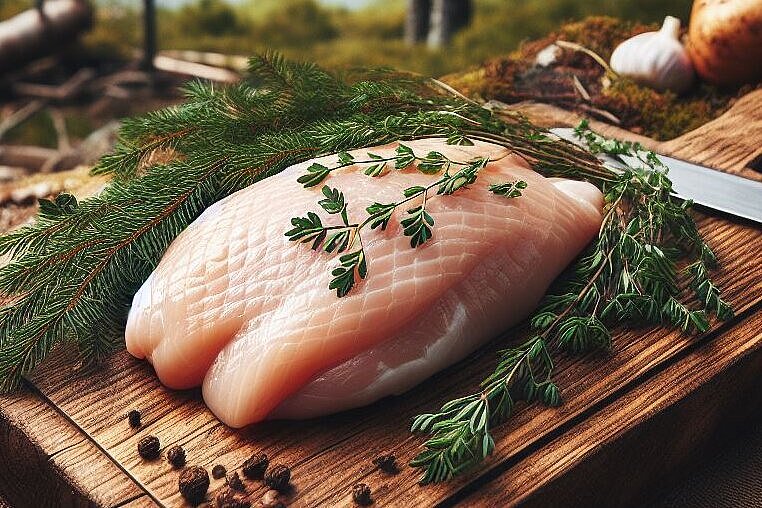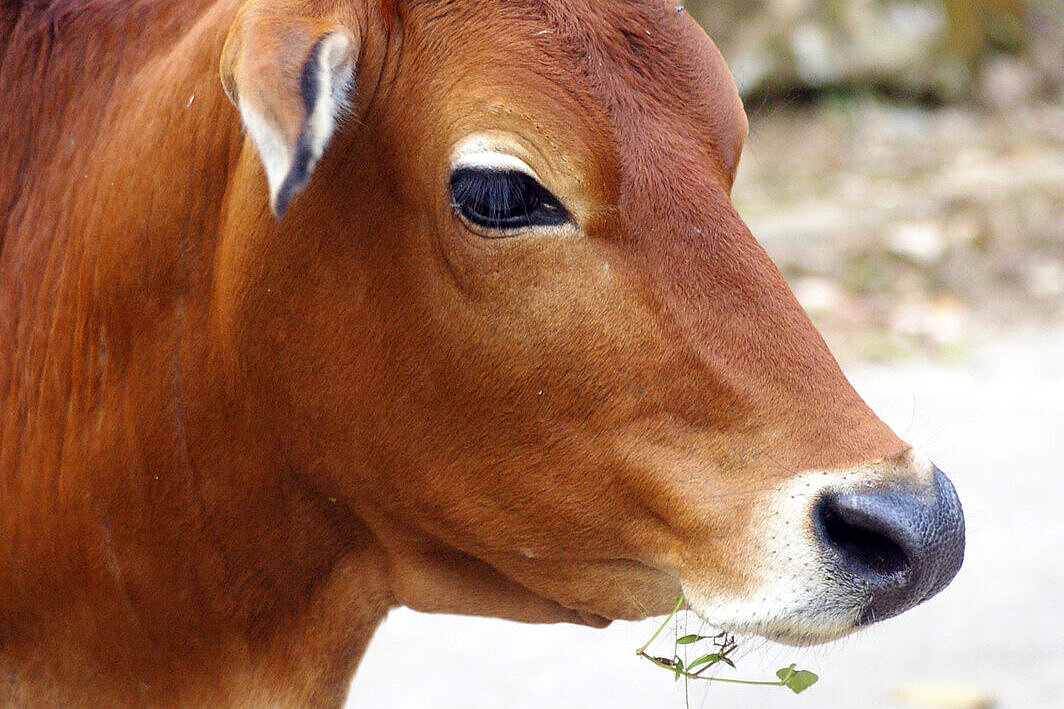Goose breast meat

Goose breast meat, a festive treat for many people, finds its way into the food bowls of our four-legged friends. But is this ingredient really suitable for dogs? This article takes a look at what goose breast meat is and discusses the potential benefits as well as the possible disadvantages it can bring to dogs.
What is goose breast meat?
Goose breast meat comes from the goose, a large bird found both in the wild and in agriculture. Compared to other poultry, goose meat is particularly rich and flavorful, largely due to its higher fat content. Goose breast meat is often served roasted or braised and is known for its tender and juicy texture.
Benefits of goose breast meat for dogs
High quality protein source
Goose breast meat is an excellent source of high-quality protein, which is essential for building and repairing muscle tissue and for the overall health of dogs. Protein is the building block of life and is essential for dogs of all ages.
Rich in essential fatty acids
The higher fat content of goose breast meat can also offer benefits. It contains essential fatty acids that contribute to skin and coat health, support cell function and can help with the absorption of certain vitamins.
Contains important vitamins and minerals
Goose breast meat provides a number of important vitamins and minerals, including iron, zinc and the B vitamins, which play a key role in blood health, immune function and energy production.
Disadvantages and risks of goose breast meat for dogs
High fat content
While fat is an important source of energy, the high fat content in goose breast meat can be problematic for some dogs. Excess fat in the diet can lead to obesity and increase the risk of pancreatitis, a serious and painful condition.
Caution during preparation
Goose breast meat for dogs should always be cooked without the addition of spices, onions or garlic, as these ingredients are toxic to dogs. In addition, the meat should be cooked thoroughly and any fat removed to improve digestibility and minimize health risks.
Allergy risk
Some dogs may be sensitive or allergic to certain protein sources, including goose meat. Symptoms of a food allergy can include skin rashes, itching and digestive problems.
A balanced verdict on goose breast meat for dogs
Goose breast meat can be a nutritious addition to a dog's diet if served with care and in moderation. The benefits of high quality protein and essential fatty acids must be weighed against the risks of high fat content and potential allergies.
If you notice any signs of hypersensitivity or poisoning in your dog, you should see your vet immediately. We are not a substitute for a vet, but we try to be as accurate as possible. Every dog reacts differently and we recommend you get a second opinion or consult your vet if in doubt.
Stay healthy and take good care of your four-legged friend!😊
Similar to Goose breast meat
Chicken breast has several benefits for dogs that can make it a good part of a balanced diet. Firstly, chicken breast is very lean and contains little fat. This is good for dogs that tend to be...
Duck breast comes from the breast muscle of the duck and is known for its dark, rich meat, which is characterized by its high protein and fat content. Compared to other types of poultry such as...
Buffalo cheeks are, as the name suggests, the meat obtained from the cheeks of a buffalo. This muscle meat is known for its toughness, as it has a high concentration of collagen. During the slow...
Beef cheeks are part of the head meat of cattle. They consist of dark red, tender and rather lean meat that is surrounded by a thick skin. Beef cheeks are very muscular and have a high proportion of...



